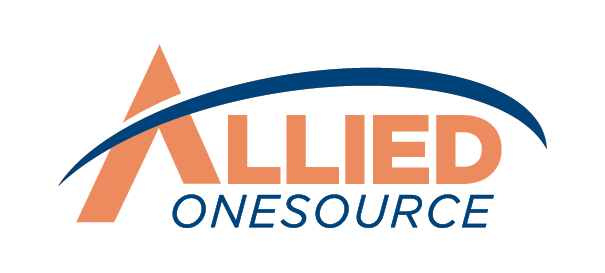Are you passionate about building scalable, cloud-native infrastructure that supports world-class applications? We're looking for a DevOps Platform Engineer to join our high-impact team. Depending on your experience, you may come in as a Level II or Level III engineer—both roles play a critical part in designing, deploying, and optimizing the systems that keep our products running smoothly.
Whether you're sharpening your skills or already a seasoned pro in cloud infrastructure, DevOps automation, and platform engineering, we want to hear from you.
Requirements:
DevOps Platform Engineer II
-
Bachelor's degree in Computer Science, IT, or equivalent practical experience.
-
3+ years of hands-on experience in platform engineering, DevOps, or cloud infrastructure roles.
-
Proficiency in cloud platforms (AWS, Azure, or GCP) and containerization (Docker, Kubernetes).
-
Solid grasp of CI/CD methodologies and infrastructure-as-code tools.
-
Strong troubleshooting skills with the ability to resolve complex technical issues.
-
Clear communicator and effective team collaborator in cross-functional environments.
DevOps Platform Engineer III
-
Bachelor's degree required; Master’s degree preferred.
-
5+ years of progressive experience in platform engineering or DevOps, with a strong cloud focus.
-
Deep expertise in managing Kubernetes environments and orchestrating containerized workloads at scale.
-
Proven ability to architect and lead the implementation of cloud-native infrastructure across AWS, Azure, or GCP.
-
Advanced knowledge of DevOps tools, monitoring, observability, and security best practices (e.g., OAuth, SSO, compliance standards).
-
Strategic thinker with a passion for automation, performance optimization, and driving platform-wide improvements.
-
Design, implement, and maintain cloud-based infrastructure that supports high availability, scalability, and security.
-
Build and manage CI/CD pipelines to enable fast, reliable deployments.
-
Containerize applications and manage Kubernetes clusters across environments.
-
Collaborate with development, QA, and security teams to ensure robust DevOps practices.
-
Automate infrastructure provisioning using tools like Terraform, Ansible, or Chef.
-
Monitor, troubleshoot, and optimize platform performance, reliability, and cost.

